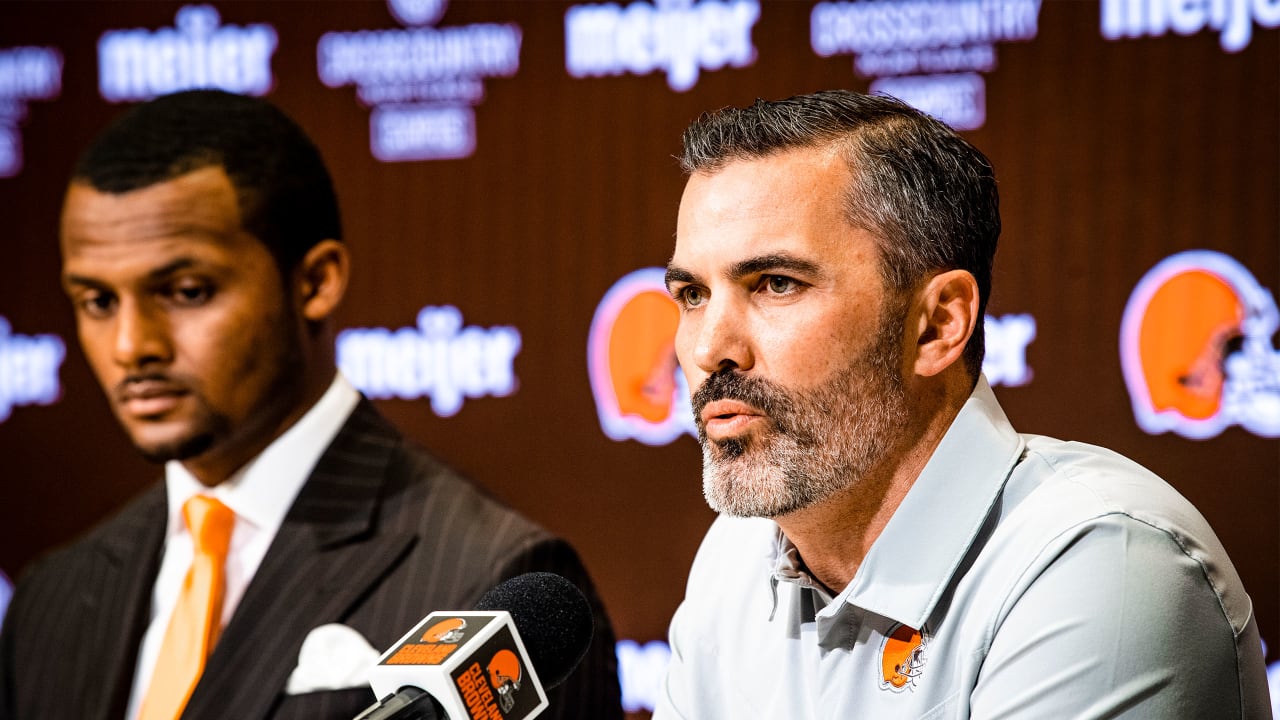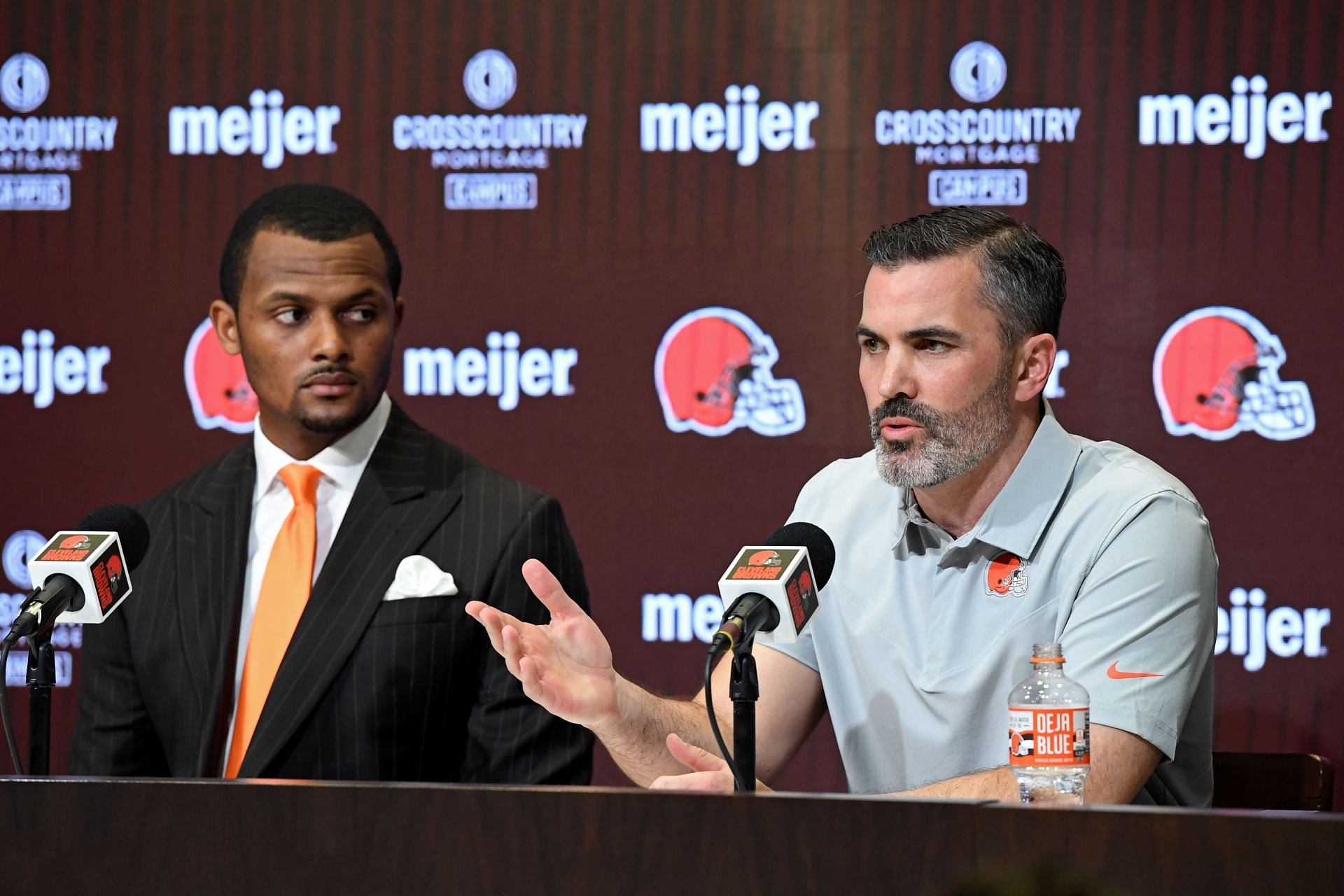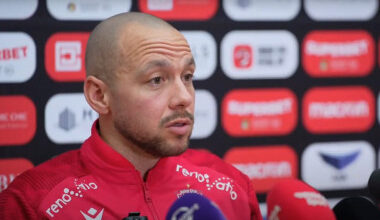You are the worst coach i have ever met; the professional football quarterback Deshaun Watson crit……….read more

Deshaun Watson Critiques Coaching: A Bold Statement on Leadership

In a recent press conference, NFL quarterback Deshaun Watson made headlines with his candid remarks about coaching in the league. Known for his exceptional talent and competitive spirit, Watson’s comments resonate with players and fans alike, shedding light on the critical role of effective leadership in professional sports.
The Context of Criticism
Watson’s remarks came in the wake of a tough season where the team struggled to find consistency. While he didn’t name any specific coaches, his general frustration seemed directed toward the leadership and strategic decisions that have left the team in a challenging position. “You are the worst coach I have ever met,” he reportedly said, capturing the attention of reporters and analysts.
A Call for Accountability
Watson’s critique underscores a larger issue in professional football: the importance of accountability within coaching staff. Players often look to their coaches for guidance, strategy, and motivation. When a coach fails to provide those elements, it can lead to disarray on the field. Watson’s statement highlights a growing trend among players who are no longer afraid to speak up about their experiences, advocating for a culture of accountability and excellence.
The Impact on Team Dynamics
A quarterback’s relationship with their coach is crucial. The synergy between the two can significantly affect a team’s performance. Watson’s frustrations may reflect deeper issues within the team’s structure, suggesting a disconnect between players and coaching staff. For teams to succeed, they must foster a collaborative environment where open communication is encouraged.
Fans and Analysts Weigh In
The reactions to Watson’s comments have been mixed. Some fans appreciate his honesty, viewing it as a necessary step toward improvement. Analysts, however, caution against public criticism, emphasizing that it can fracture team unity. Nevertheless, the discussion brings to light an essential aspect of professional sports: the need for effective leadership.
Moving Forward
For Watson and his team, the road ahead will be challenging. They must navigate the fallout from his statements while focusing on improvement. This situation presents an opportunity for reflection and growth, both for the coaching staff and players alike.
In conclusion, Deshaun Watson’s critique serves as a powerful reminder of the vital role coaches play in shaping not only the game plan but also the culture of a team. As the season progresses, fans will be watching closely to see how this dynamic evolves and whether it leads to meaningful changes on and off the field.








